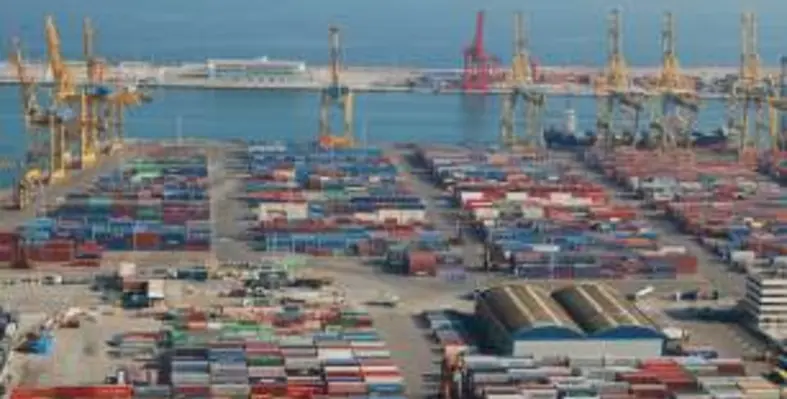The Ghana Chamber of Commerce and Industry (GCCI) is working with the government to ensure that the country’s current pledge of changing its import dependent economy to a homegrown one becomes a reality and a way of life for the citizens
Ghana’s current total debt ratio is over sixty percent to its Gross Domestic Product (GDP). The government’s self-reliance policy, which it initiated vigorously to help bring sanity in the economy is yielding positive results, but it also needs the entirety of the business community and the people of Ghana to exhibit total commitment to ensure continuous economic growth.
The Ghana Chamber of Commerce and Industry (GCCI), which represents the business community, is determined and willing to partner government in such an economic revival through collaboration. The government has a bigger role to play in its push for the promotion of made-in-Ghana goods since it is incumbent on it, to be resourcing local industries sustainably. It is by this, that its homegrown economic philosophy will be materialised.
Seth Adjei Baah, president of GCCI said, “It is only when the local industries are resourced to take up the challenge that the crusade for the promotion of the use of made-in-Ghana goods can materialise.”
It is refreshing to note that the GCCI is spreading its tentacles wider to the international business community for greater investment opportunities, to complement the efforts being made by government on the self-reliance policy. Both the GCCI and the Ankara Chamber of Commerce of Turkey have signed an MoU to establish an industrial zone, which will in future host local industries. This will be a major boost for the churning out of local goods for the domestic market.
Despite the fact that Ghana is currently facing economic challenges in the areas of free fall of the cedi and erratic power supply, the president of the GCCI has been making countless attempts to woo foreign investors to invest in Ghana.
Adjei Baah recently discussed rewarding investment opportunities in Ghana with Turkish investors in Accra, urging them to focus on the country’s business environment, which is still favourable and supportive to foreign investors, assuring that the private sector is working together with government to overcome the country’s economic challenges.
With plans to boost private sector businesses, the GCCI, under its auspices has made it possible for Ghana and Vietnam to enter into a partnership to boost imports and exports.
With regard to Vietnam, all types of metal minerals have been found in that country and most of them have great industrial scale exploitation capacity. The most remarkable are iron ore with reserves of 1.8bn tonnes, exploratory reserves of one billion tonnes, bauxite with reserves of 6.6bn tonnes, exploratory reserves of four billion tonnes and approximately one billion tons of titanium. Vietnam also has a great non-metallic potential such as apatite with reserves of two billion tonnes.
Chile is another country the GCCI has recently engaged with, by way of a Chilean business delegation, consisting of twelve companies visited Ghana for investment opportunities. According to a statement from the Embassy of Chile in Ghana, “It will also be an opportunity for local Ghanaian businesses to showcase their products, and seek potential markets in Chile.”
Again, the United States Agency for International Development (USAID), in partnership with the GCCI, has opened a resource centre in Accra, to support Ghanaian exporters.
The director of trade hub and African Partners Network at the USAID, Jeffrey Povolny, said that the centre will encourage competition and increase exports from Ghana to the global market. This, according to him, will generate employment opportunities thereby increasing growth in the economy.
These, and myriads of other international business engagements being spearheaded by the GCCI are huge and positive of which the benefits will soon be manifesting in exponential growth of the economy.
- Emmanuel Yartey












